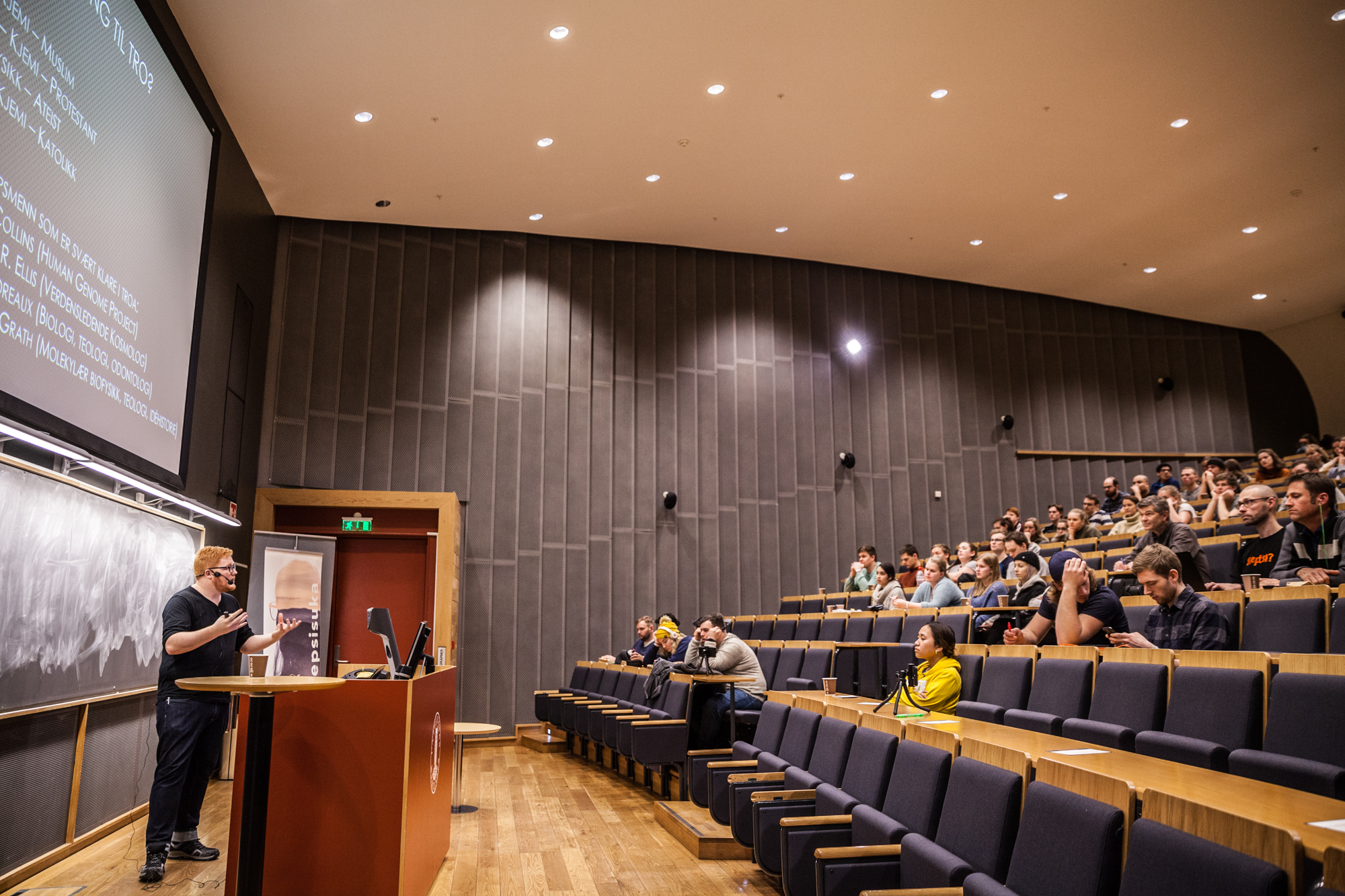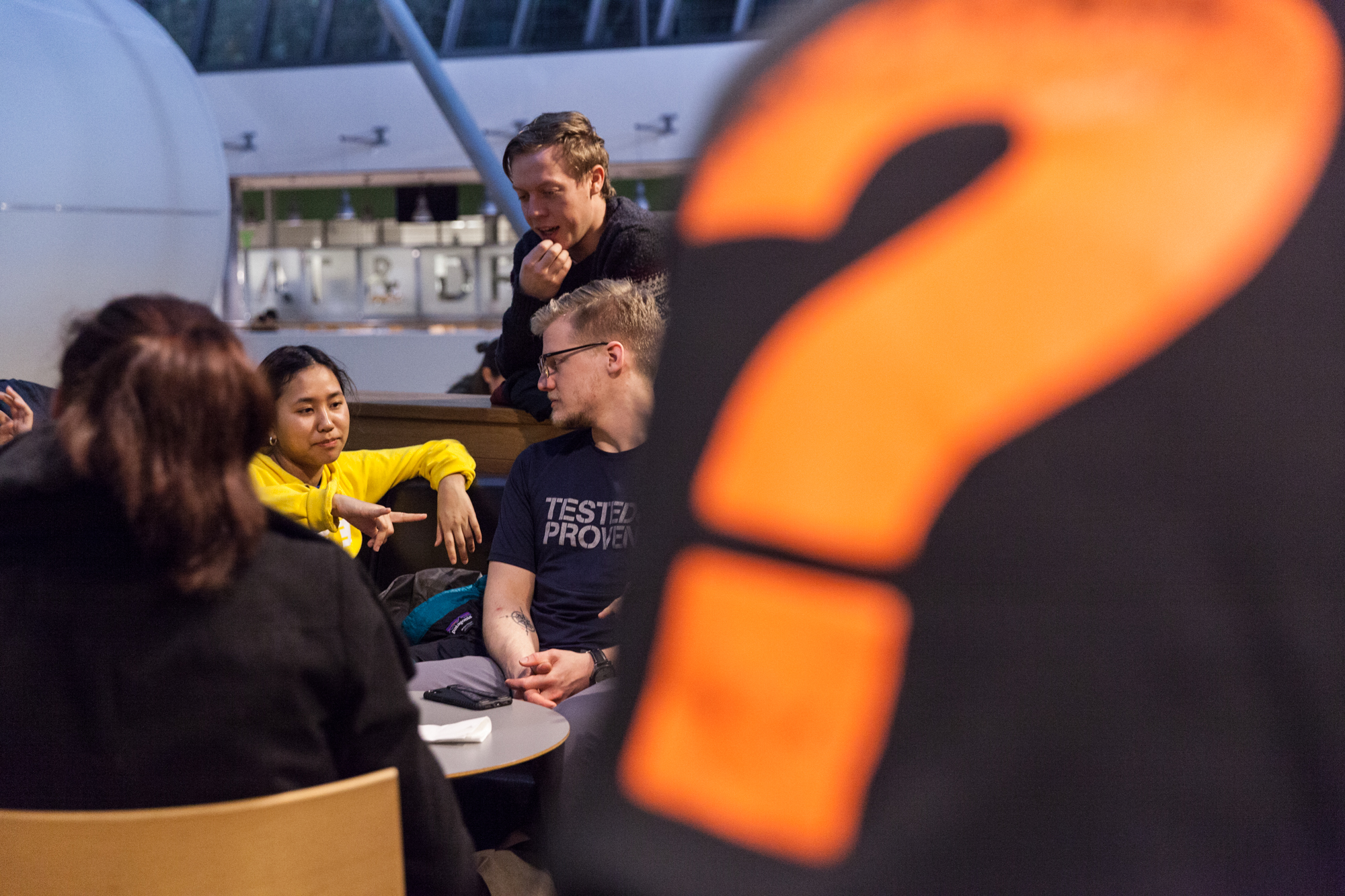A synopsis of the first chapter of the Celebration of Discipline by Richard Foster.

Forster in the book Celebration of Discipline begins with an argument for the spiritual disciplines. He says ‘superficiality is the curse of our age. The doctrine of instant satisfaction is a primary spiritual problem. The Desperate need today is not for greater number of intelligent people, but for deep people.’
The depth he talks of is one of genuine inner transformation rather than outward changes in habit only. It is when the heart of a person is filled with the fruit of the Spirit so that unguarded moments do not pause a danger. He is one whole being: transformed inside out. His inner being is not just managed for the public, it is changed.
In our desire to change our character, we can go two wrong directions. The first is where we try to change our habits by the constant work of voiding the sin itself. Testimony from scripture shows that does not only not work but actually makes one worse than before. Moralism strengthens sin, any honest saint will also attest to this. This way of approaching our fight against sin ignores the fact that sin is not just the doing of wrong (against God) but it is first a living monster with in us, which is not contained by will power and determination. Will power and determination can show some success for a time, but the monster of living sin will break out of the cracks and crevices at some point. A monster needs another monster to extinguish.
The other direction of wrong in changing our character is to give up and do nothing, also called the heresy of antinomianism. The argument seems logical; that if by attempting to have good morals I become worse, why not sit and do nothing. ‘After all, I am forgiven. 4c I am made righteous in Christ’ and that is enough. If one takes this outlook to life, he will fall into a corrupt lifestyle. Galatian 5:21 says ‘… those who do such things will not inherit the kingdom of God’.
What then can we do? True transformation comes from a disciplined life of devotion to God. It comes from practicing the spiritual disciplines (study of the word, prayer, mediation, fasting, solitude etc.) continually. These disciplines do not change the heart of a man but place it in the path where change occurs.
The practice of these disciplines if turned into a law also become soul killing. People become proud because they feel that they are the right kind people, they who practice the disciplines. Fear comes in because of the dread to lose control. However, freedom is realized when they are understood as internal work that cannot be measured or controlled. While it is important to have a specific time and place to pray or study the word, you can also do it anywhere, anyhow, always, all the time!
Our witness today needs genuinely changed people.


![conversation[1]](https://calebreflections.files.wordpress.com/2019/06/conversation1.jpg)





